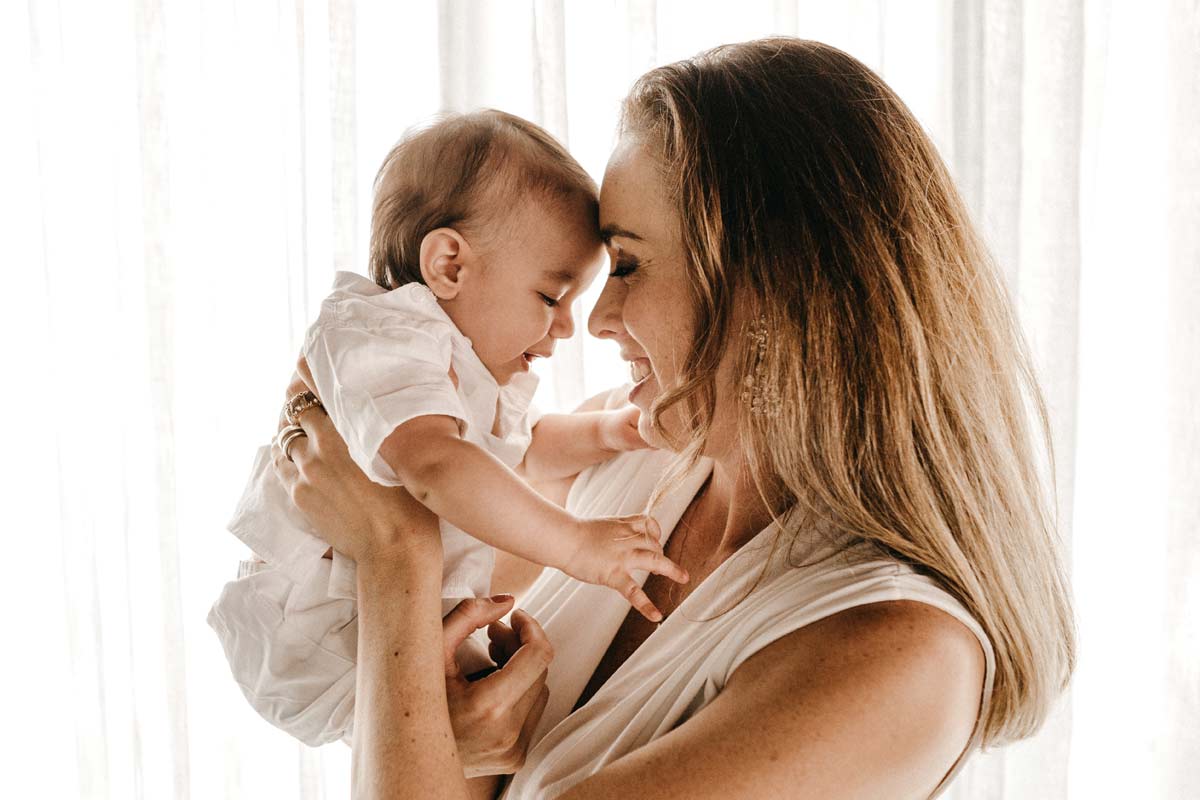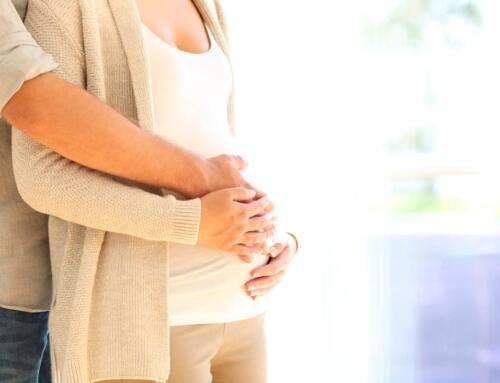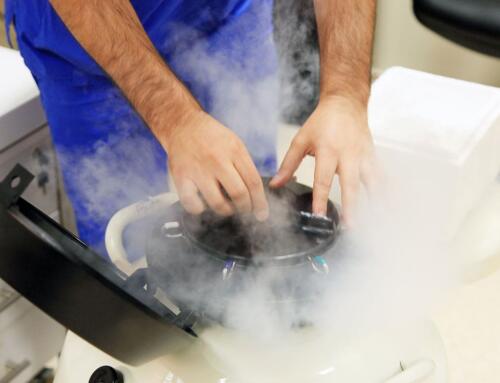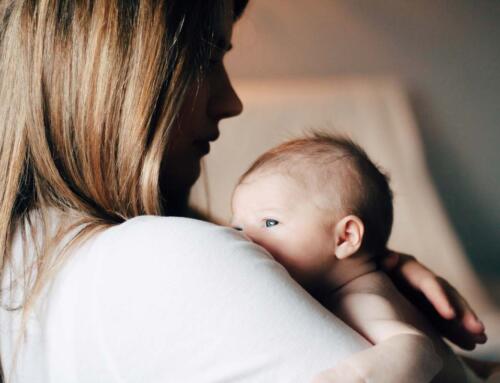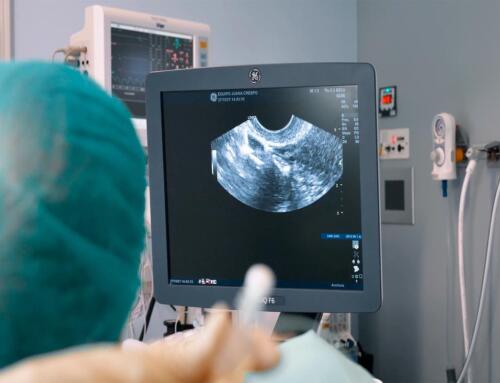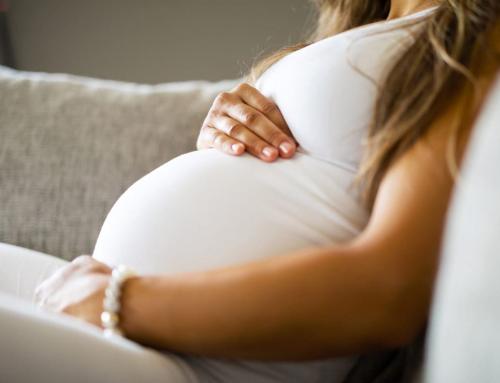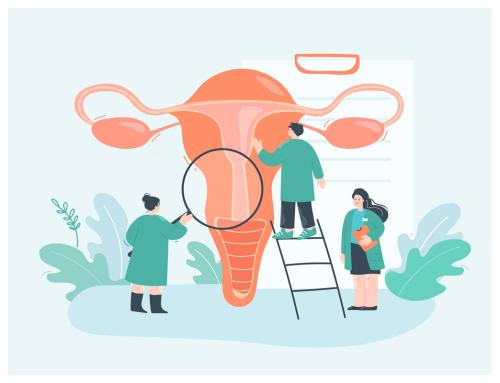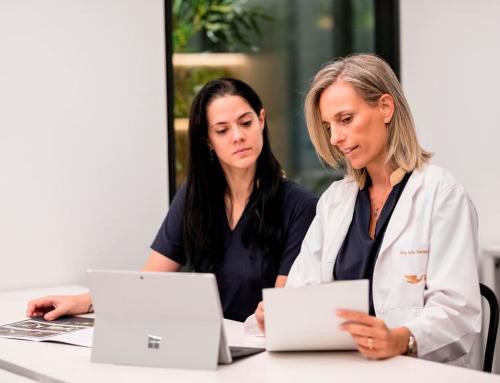Delayed motherhood is a reality.
Current lifestyles and the pursuit of greater personal, economic, or career stability lead many women to postpone becoming a mother.
The data is revealing in this regard: in 1975, the average age of motherhood for Spanish women was 25.06 years; currently, it stands at 31.9 years, the highest in the European Union.
Furthermore, nowadays, nearly 80% of women aged 25 to 29 have not had their first child, and the percentage of first-time mothers over the age of 40 is at 19% (2018 Spain Fertility Survey).
However, becoming a mother “spontaneously” after the age of 40 is challenging, and often, assisted reproductive techniques are necessary.
In fact, 48% of our patients have crossed this age barrier.
Techniques for becoming a mother after 40
The main challenge of postponing motherhood is the decline in fertility, as both the quantity and quality of eggs decrease drastically after the age of 35.
As a woman ages, the risk of chromosomal abnormalities increases, leading to a higher risk of miscarriage or the baby being born with conditions like Down syndrome. Seeking pregnancy after the age of 40 also comes with a greater risk of complications during pregnancy and childbirth due to a higher incidence of uterine pathologies such as fibroids, polyps, or adenomyosis.
So, can you become a first-time mother at 40? What alternatives are available?
Fertility preservation
One of the best options if you plan to delay motherhood is to freeze your own eggs.
Ideally, this should be done before the age of 30, when your ovarian reserve is still optimal.
Both ovarian stimulation and the extraction procedure are relatively straightforward and virtually free of side effects (the former involves hormonal treatment, and the latter is a non-invasive surgical procedure performed under sedation).
Eggs can be preserved for years with the same reproductive potential as when they were vitrified.
IVF with PGT
Another option if you are trying to become a mother at the age of 40 is In Vitro Fertilization (IVF), although having a good ovarian reserve is necessary.
After the age of 38, it is usually recommended to undergo a test known as Preimplantation Genetic Testing (PGT) to detect abnormalities in the genetic material of embryos.
The goal is to select and transfer higher quality embryos, free from genetic or chromosomal alterations, to reduce the risk of miscarriage and implantation failures, thereby increasing the chances of having a healthy child.
Revitalize
The Revitalize treatment, developed by Juana Crespo, combines various techniques to improve ovarian and uterine functionality.
Revitalize Ovary is recommended for women with previous failed reproductive treatments where poor ovular or embryonic cavity function is suspected.
By administering growth factor-rich cells, there is an improvement in the morphological quality of embryos in subsequent cycles after Revitalize, up to 40% in women between 40-42 years old.
Egg Donation
Women with low ovarian reserves, failed treatments, and/or poor embryo quality can become mothers at 40 thanks to egg donation.
In other words, it involves a conventional IVF procedure but using a donor’s egg.
Egg donors are young and healthy women.
Egg donors are young and healthy women who, after thorough medical and psychological examinations, are determined to be eligible donors.
In general, egg donation treatments have high success rates as long as other factors that may cause infertility have been ruled out.
Furthermore, Juana Crespo has one of the highest success rates in Europe thanks to the quality of our egg donation programs and rigorous, personalized endometrial preparation: 80% of our patients achieve pregnancy in the first transfer, and 95% in an average of 1.2 transfers using this technique.
Is it risky to become a mother at 40? Pros and cons of this decision
Becoming a mother at 40 has some advantages:
- The most important one is that, beyond this age, individuals have more tools to adapt to changes related to their bodies or minds.
- Life experiences also contribute to developing a more serene and conscious motherhood.
- Not to mention that becoming a mother at 40 is often a desire that comes after years of effort or searching.
However, while maturity, discipline, motivation, and emotional stability positively influence late pregnancies, the likelihood of certain complications during pregnancy and childbirth, especially in first-time mothers, increases. Some of the risks associated with pregnancy after the age of 40 include:
- Increased physical fatigue and a greater perception of abdominal discomfort at the beginning of pregnancy.
- The future mother also has a higher risk of gestational diabetes, preeclampsia (high blood pressure), thrombosis, or thyroid problems.
- And when it comes time for delivery, there is a higher likelihood of premature birth, cesarean section (up to 50%), episiotomies, uterine atony (the uterus does not contract properly after birth), or low birth weight.
In any case, experts emphasize that some of these complications not only depend on age but also on the woman’s prior health status.
Additionally, such pregnancies usually have more control, so it is essential to maintain a healthy lifestyle (exercise, eat a balanced diet, etc.) and follow all medical recommendations (regularly monitor weight and blood pressure, undergo routine tests).
Your fertility in the hands of Equipo Juana Crespo
If you want to become a mother at 40, the Juana Crespo Team specializes in highly complex Assisted Reproduction. With a track record of over 35 years, we have successfully resolved cases considered impossible, thanks to a high level of specialization and a comprehensive treatment strategy that involves the entire reproductive system.
We offer our patients the most qualified team of professionals with the most advanced resources. Call us!


